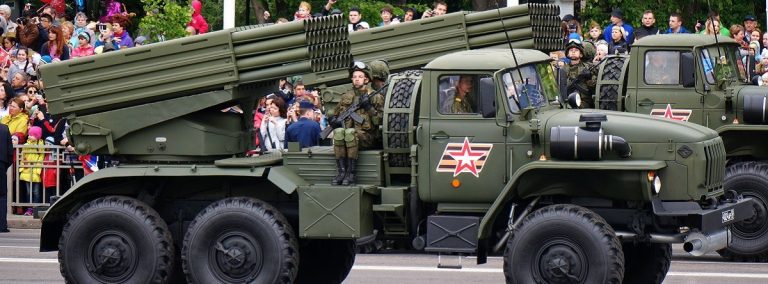
Russia could increase much-needed state spending on education and healthcare by taking funds from a reduced defence budget over the next decade, Deputy Prime Minister Arkady Dvorkovich said on Friday.
Speaking on the sidelines of an international economic conference in St Petersburg, Dvorkovich told Reuters the next defence spending programme, from 2018 to 2025, could account for a smaller share of gross domestic product than the current one.
Russia launched a major drive to restore its military might in 2011, while President Vladimir Putin was still prime minister, but has had to cut back – despite its intervention in Syria – because of budget problems due to falling oil prices.
Officials have been recently looking into ways to free budget money and boost socially important spending ahead of the presidential election due in 2018.
“There will be the next defence programme, which could be smaller as a share of GDP,” Dvorkovich said in an interview.
“That’s why there will be … a certain potential for increasing investment into education, healthcare and infrastructure.”
He gave no figures but noted the reduction could be as a share of GDP, although not necessarily in nominal terms. Russia’s Finance Ministry, which has been pressing the government to rein in its spending, has planned a 2017 defence budget at around three percent of GDP.
Former economy minister Alexei Kudrin has proposed to increase state spending on social programmes by expanding a privatisation drive, selling state stakes in big oil and gas companies over the next eight years.
Addressing the privatisation proposal made by Kudrin, who is working on Russia’s economic development plan, Dvorkovich said it was too early to speak about the privatisation of Russian oil and gas firms.

Kudrin has proposed to increase state spending on social programmes by expanding a privatisation drive, selling state stakes in big oil and gas companies over the next eight years. Source: Shutterstock
He also said the Finance Ministry should not immediately bet on revenues from dividends from the state holding company Rosneftegaz, which controls the oil major Rosneft and owns an 11 percent stake in the gas monopoly Gazprom.
The ministry said earlier its budget plan envisages receiving RUB156.5 billion (US$2.76 billion) in dividends from Rosneftegaz this year.
Dvorkovich said the government received a recommendation “from above” that it was premature to make a decision on channelling Rosneftegaz’s dividends to the budget.
“All the funds Rosneftegaz has at the moment are still on (its) accounts and are used for another investment programme,” he said, adding Rosneftegaz has some important projects to spend money on.
Putin said last year the government saw Rosneftegaz’s funds the company receives from Rosneft and Gazprom as a state cash reserve. In the past years, such funds were used for spending on science and education projects as well as on aircraft construction.
Liked this? Then you’ll love these…
VIDEO: Russia’s Putin has a new enemy – students
Russian government plans cuts to specialised university courses







